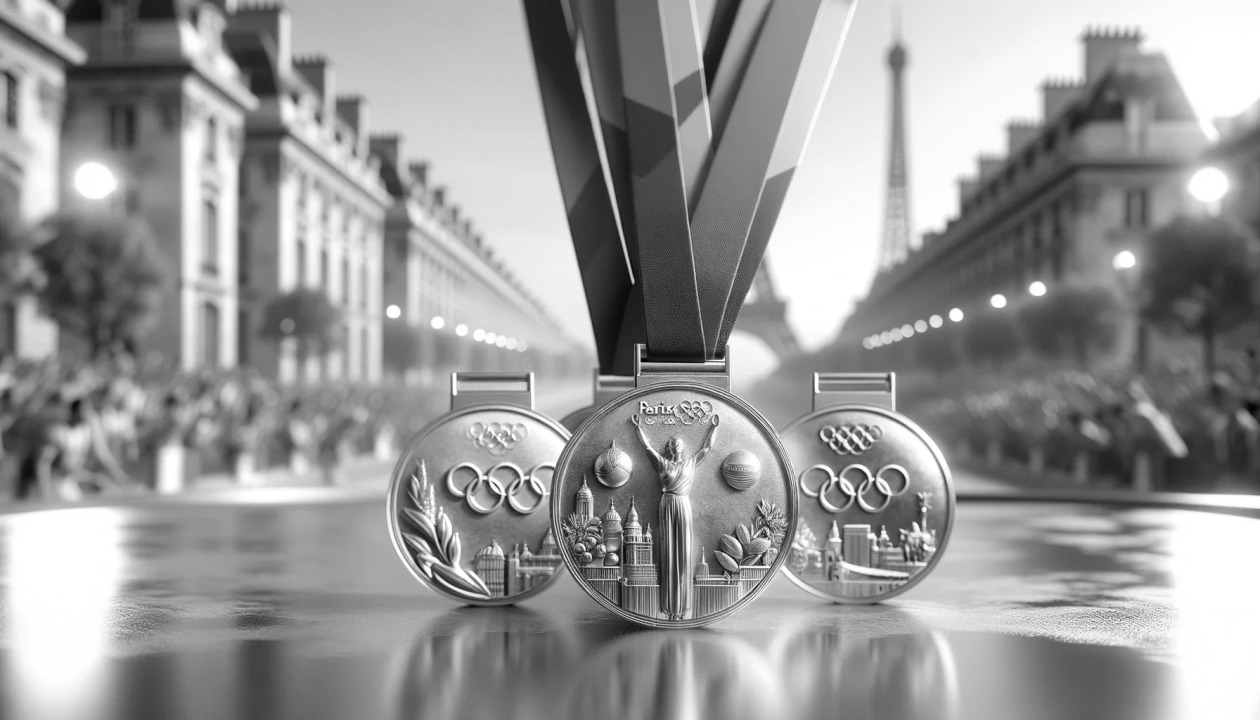Managing Partner for Grace Blue’s Sports & Entertainment practice, Tim Palmer shares what leadership lessons we can take from the Olympics when it comes to building high-performing successful teams.
—
As expected 2024 is proving to be yet another fantastic sporting summer – Spain have broken England’s heart yet again as they win the Euros for 2024, Wimbledon has drawn to a close, and Sir Mark Cavendish has just broken the Tour de France stage win record, with his 35th victory!
Attention now turns to arguably the greatest sporting show on earth. The Games of the XXXIII Olympiad will commence in Paris in 9 days with over 10,500 athletes from 184 counties taking part in just shy of 330 events!
The Games represent many masterclasses in the development of talent, with years of training / coaching and complete dedication to be the very best and win gold. But what does it take to be a successful Olympian and what are the leadership lessons we can take from the Olympics in building high-performing teams?
Let’s look at three core areas which I would suggest underpin success:
- Talent – Identification, Development & Mentorship
- Collaboration / Teamwork
- Culture & Environment (success & failure)
- Talent – Identification, Development & Mentorship
Olympians are usually identified from an early age and business leaders should be doing the same. In a recent article, one Advertising CEO was quoted as saying that (the role) “as CEO is really that of a talent manager” and this could not be truer. It has been said many times, but businesses are nothing without their people – leaders should constantly collaborate with their HR colleagues, strategically partnering with Early Careers and Talent Development functions to identify, nurture and mentor talent, at all levels within their organisations. Raw ability is always visible, but in most cases, it’s not always enough. Talent needs to be helped to learn how to “play the game” in every sense of their career. Leaders need to continually embrace the role of coach and mentor, providing guidance, feedback, and encouragement to help their teams reach their full potential.
- Collaboration / Teamwork
Olympic teams are a collection of multiple and diverse talents, who are not only focused on individual targets, but who are also working towards a unified goal. Great coaches nurture individual talent, but also strong collaboration within their teams. Business leaders need to do the same, fostering an “esprit de corps” and creating environments where individuals can learn from each other and leverage their respective strengths for the greater good of the organisation.
- Culture & Environment
Winston Churchill famously quipped “Success is not final; failure is not fatal; it is the courage to continue that counts”. This epitomises every Olympian, as not everyone can be continually victorious (with some notable exceptions). Naturally, leaders should celebrate individual and team achievements within their organisations; recognition boosts morale, inspires others, and reinforces desired behaviours. But failures should also be recognised; learnings will be gained from failures, which in turn can be turned into success, by constantly striving for improvement. Leaders should create a similar atmosphere within their companies, promoting a growth mindset where individuals are encouraged to push boundaries, learn from failures, and continuously seek improvement.
The Olympics once again offer valuable lessons for anyone looking to build successful teams. By identifying and developing talent, encouraging collaboration, and creating a culture of excellence, leaders can nurture high-performing teams to achieve their full potential, even if they may not always “win”. In this sense, leadership is not about individual glory, but enabling teams to achieve success together.
